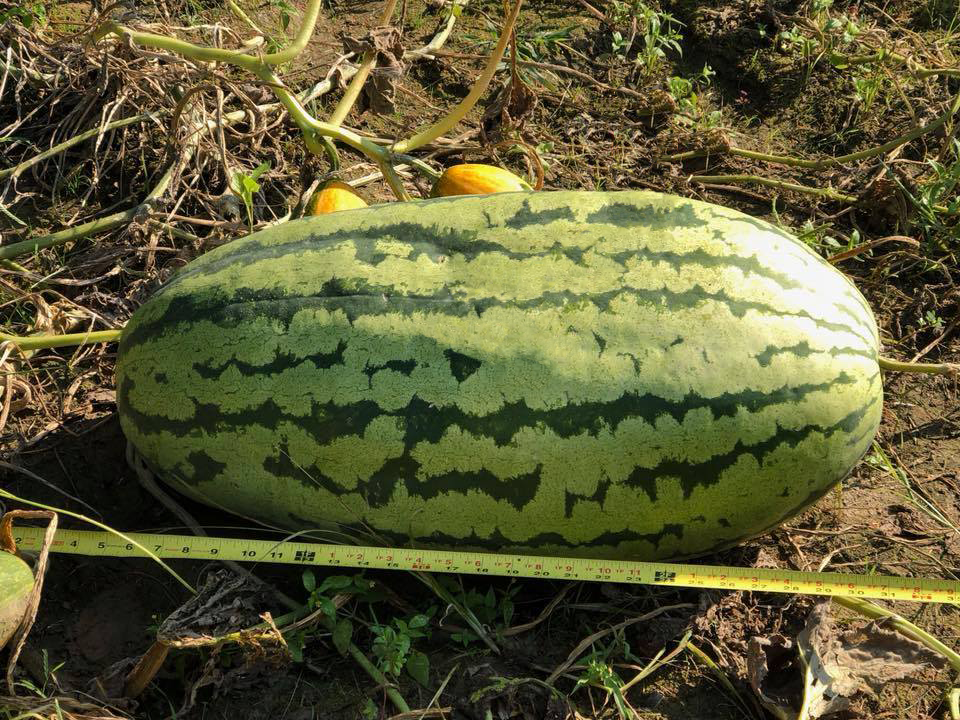Watermelons, the quintessential taste of summer, conjure images of backyard picnics and refreshing indulgence. Cultivating these sweet, juicy delights requires a blend of care, patience, and the right techniques. One essential aspect of watermelon cultivation often debated is the use of fertilizers. Do you need to fertilize your watermelon plants? Let's delve into the secret behind cultivating these beloved fruits and the role of fertilizers in their growth.
Fertilization is a crucial element in promoting the healthy growth of any plant, and watermelons are no exception. Watermelon plants, known for their sprawling vines and large, lush leaves, demand specific nutrients to thrive and yield the best fruits.
The primary nutrients crucial for watermelon growth include nitrogen, phosphorus, and potassium. Nitrogen aids in leaf and stem development, phosphorus supports strong root systems and fruit production, while potassium enhances overall plant health and fruit quality.
But why should you consider fertilizing your watermelon plants? While these plants are resilient and can grow in various conditions, supplying the proper nutrients via fertilizer can significantly boost their growth and the quality of the watermelons they produce.
The key lies in understanding the timing and types of fertilizer to use. Watermelons benefit from an initial dose of fertilizer at planting to provide the necessary nutrients for their early growth stages. A balanced fertilizer with equal parts of nitrogen, phosphorus, and potassium (such as a 10-10-10 blend) works well for watermelon plants.
As the plants mature, a second round of fertilizer application, focusing more on phosphorus and potassium, can further support their fruit development and overall health. Applying a water-soluble or granular fertilizer around the base of the plants and ensuring it is well-watered in can assist in steady growth.
Moreover, incorporating organic matter such as compost or well-rotted manure can be an excellent natural way to supplement the soil with essential nutrients, providing a slow-release source of nourishment for the plants.
However, the key is moderation. Over-fertilizing can lead to excessive foliage growth at the expense of fruit production, making it essential to follow recommended dosages and guidelines for application.
At Farmers Secret, we understand the art of cultivation. Our range of fertilizers is meticulously designed to cater to the specific needs of various crops, including watermelons. From controlled-release fertilizers to liquid concentrates, we offer solutions that cater to the growth stages of your watermelon plants, ensuring they receive the right nutrients at the right time.
In conclusion, while watermelon plants can grow without additional fertilization, providing them with the appropriate nutrients can significantly enhance their growth and the quality of the fruits they yield. Fertilizing your watermelon plants at the right stages with the right blend can make a remarkable difference in their health, vigor, and the deliciousness of the watermelons they produce.
So, to answer the question, "Do you need to fertilize your watermelon?"—the secret to growing those luscious, mouthwatering watermelons lies in understanding the needs of your plants and providing them with the essential nutrients they crave, whether from carefully chosen fertilizers or enriching the soil naturally.
Give your watermelon plants the love and nourishment they deserve, and let Farmers Secret be your partner in unveiling the secret to cultivating the juiciest, most flavorful watermelons in your garden.

